How to Create an Effective Oral Hygiene Routine for Seniors
As we age, maintaining optimal oral hygiene becomes increasingly imperative yet often challenging. Seniors encounter unique dental issues ranging from gum diseases to dry mouth, making a tailored oral care routine essential. Understanding the specific dental needs of seniors can drastically improve not only their oral health but also their overall well-being. In the United States, where senior citizens constitute a growing segment of the population, focusing on efficient oral care routines is vital for enhancing quality of life during later years.
This article, provided by Dentistry Toothtruth, aims to guide caregivers and seniors alike in establishing a comprehensive oral hygiene routine. We will delve into the components of effective dental care for older adults, offering insights and practical advice to ensure dental health is a priority.
Understanding the Unique Oral Hygiene Needs of Seniors
Seniors face distinct dental challenges due to natural aging processes and existing health conditions. As gums recede and enamel wears down, susceptibility to cavities and gum disease increases. The Centers for Disease Control and Prevention (CDC) highlights that nearly 68% of adults aged 65 and older have gum disease and over 20% have untreated tooth decay. An effective oral hygiene routine for seniors must therefore address these prevalent issues by incorporating preventive measures and regular dental visits.
Moreover, many seniors experience dry mouth due to medications or medical conditions, which can exacerbate dental problems. Saliva is a natural defense against bacteria, and its absence increases the risk of cavities and infections. Acknowledging these vulnerabilities and adjusting care accordingly is an integral step in creating a protective oral hygiene routine for seniors.
Developing a Daily Brushing and Flossing Routine
The foundation of any effective oral hygiene routine is regular brushing and flossing. Seniors should be encouraged to brush at least twice a day using a soft-bristled toothbrush and fluoride toothpaste. Electric toothbrushes can be particularly beneficial for those with arthritis or limited dexterity, offering a more thorough cleaning with less effort.
Flossing daily is equally important to remove food particles and plaque between teeth where brushing cannot reach. For seniors, using floss picks or water flossers might simplify the process and improve adherence. Ensuring these practices become a habitual part of a senior's routine can significantly decrease the risk of common dental issues.
Incorporating Regular Dental Check-Ups
Routine dental check-ups are a crucial aspect of maintaining oral hygiene for seniors. These visits allow for professional cleaning and the early detection of potential problems such as cavities, gum disease, or oral cancer. The American Dental Association recommends seniors have dental appointments every six months, although some may require more frequent visits depending on their condition.
Regular dental visits also offer an opportunity to discuss any concerns related to oral health or changes in oral status with dental professionals. Such discussions can lead to personalized advice and adjustments in daily oral care routines that are aligned with the current needs of an individual senior.
Adapting Diet and Nutrition for Oral Health
Dietary choices play a significant role in maintaining oral health. Seniors should aim for a balanced diet rich in vitamins and minerals that support healthy teeth and gums. Reducing the intake of sugary foods and beverages is crucial, as sugar contributes to tooth decay. Calcium-rich foods like milk, cheese, and yogurt aid in strengthening teeth, while crunchy fruits and vegetables increase saliva production, helping rinse away harmful bacteria.
Staying hydrated is equally important, particularly for seniors suffering from dry mouth. Drinking plenty of water can assist in maintaining moisture in the mouth, thereby reducing the risk of decay and infection. Discussing dietary concerns with a healthcare provider or dietitian can provide guidance tailored to a senior's specific nutritional needs.
Implementing Assistive Oral Care Tools
In some cases, manual dexterity issues can hinder effective oral hygiene practices among seniors. Utilizing assistive tools, such as a toothbrush with a larger handle or a water flosser, can make oral care easier and more efficient. Some seniors may benefit from specialized toothbrushes designed for sensitive gums or teeth.
Additionally, mouthwashes and rinses can complement the oral care routine, providing antimicrobial benefits and freshening breath. Seniors should consult their dentist to select products that enhance their oral hygiene while addressing specific issues like sensitivity or gum health.
Managing Dentures and Prosthetics
Many seniors rely on dentures or other dental prosthetics, which require dedicated care and maintenance. Cleaning dentures daily is essential to prevent infections and maintain oral hygiene. Dentures should be brushed with a non-abrasive cleanser and soaked in water or a denture solution overnight.
Ensuring a proper fit is also critical, as ill-fitting dentures can cause sores or lead to infections. Regular check-ups with a dentist or prosthodontist can address any fitting issues and extend the life of the dentures. Taking care of dentures is an integral part of a senior's oral hygiene routine, necessitating regular attention and professional guidance.
Conclusion: Prioritizing Oral Health for Seniors
Establishing an effective oral hygiene routine is fundamental to promoting the long-term dental health and overall quality of life for seniors. By addressing the unique oral care needs of older adults and incorporating effective practices such as regular brushing, flossing, dental check-ups, and nutrition, seniors can relish their later years with a healthy smile. Leveraging resources like Dentistry Toothtruth can provide additional insights and support for maintaining optimal oral health.
Ultimately, caregivers and seniors should work together to adapt oral hygiene practices that align with individual health needs and preferences. With consistent care and professional oversight, safeguarding dental health becomes a manageable and rewarding endeavor.

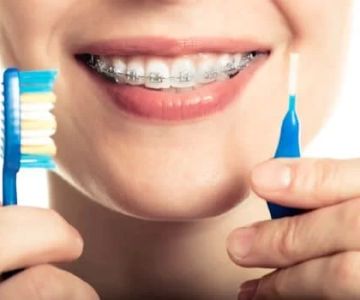
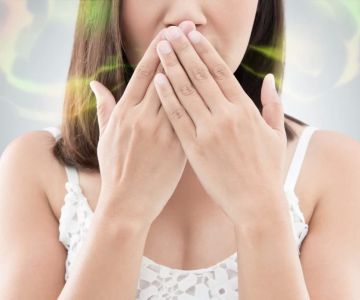
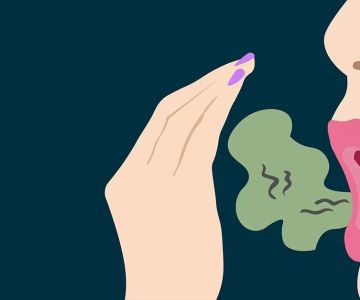
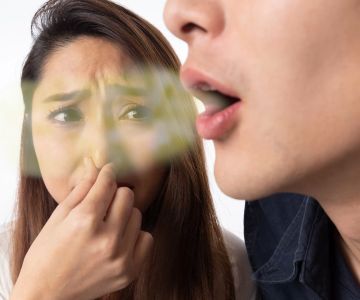
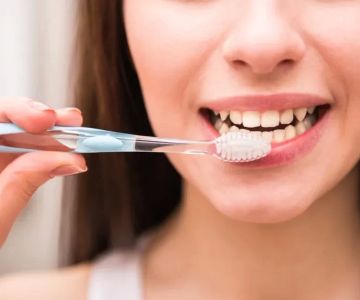
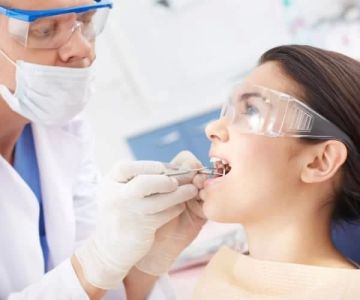
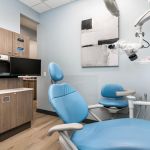 Root 66 Endodontics
Root 66 Endodontics TMJ & Sleep Therapy Centre of Oklahoma City
TMJ & Sleep Therapy Centre of Oklahoma City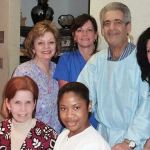 Bruce L Rothschild DDS & Associates PLLC
Bruce L Rothschild DDS & Associates PLLC DentalWorks Louisville
DentalWorks Louisville Torrance Family Dental
Torrance Family Dental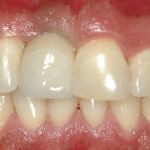 Robert S. Radin, DDS
Robert S. Radin, DDS The Importance of Oral Health Education During Pregnancy for a Healthy Pregnancy
The Importance of Oral Health Education During Pregnancy for a Healthy Pregnancy Why Skipping Dental Checkups Can Lead to Bigger Oral Health Problems
Why Skipping Dental Checkups Can Lead to Bigger Oral Health Problems Advantages of Porcelain Dental Restorations
Advantages of Porcelain Dental Restorations Best Tips for Brushing Your Teeth Properly for Healthy Gums: Essential Techniques for Oral Health
Best Tips for Brushing Your Teeth Properly for Healthy Gums: Essential Techniques for Oral Health How Can Diabetes Cause Tooth and Gum Problems? Preventing and Managing Oral Health Issues
How Can Diabetes Cause Tooth and Gum Problems? Preventing and Managing Oral Health Issues Healthy Habits for Promoting Good Oral Health and Hygiene: Tips for a Healthy Smile
Healthy Habits for Promoting Good Oral Health and Hygiene: Tips for a Healthy Smile